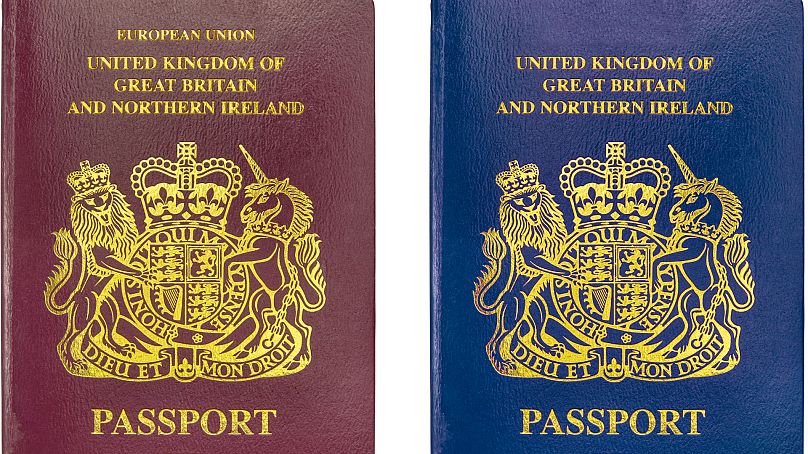A complete guide to how many months you need to travel to the EU, Asia, Africa and other top holiday destinations.
Do you know when your passport expires?
Since Brexit, new rules have applied to passport validity when travelling to Europe and other destinations.
But many people still aren’t aware of the change in regulations or what happens if your travel documents aren’t valid.
Before heading abroad this summer, here’s everything you need to know about the new rules – and whether or not you can still use your current passport.
What are the passport rules for Brits travelling to Europe?
You might assume that your passport is valid up to the expiry date. But this isn’t always the case.
Before Brexit, Brits could travel up to and including the expiry date on their passports. But EU regulations now classify UK citizens as ‘third country nationals,’ meaning the rules have changed.
If a UK passport holder wants to visit the EU, they will need a passport:
These requirements apply to the whole Schengen area, which includes most EU countries plus Switzerland, Norway, and Iceland.
Though British citizens can enter the Schengen area with three months of validity on their passports, the UK government recommends that they have six months validity.
This allows a passport holder to travel for 90 days (the maximum number of visa free days a UK citizen can visit Europe in a six month period) and still exit with a valid passport.
What are the passport requirements for Brits travelling outside the EU?
Outside of the EU, passport requirements can be even stricter.
Some countries – including many in Asia and Africa – require UK citizens to have six months of validity on their passports from the date of departure. China, Singapore, and Egypt fall into this category.
In other countries, the rules are far more relaxed. In Japan, Mexico, and Australia, for example, your passport only needs to be valid for the duration of your stay.
Check the specific requirements on the UK Foreign Office website.

How long does it take to get a new passport?
If your passport is edging close to the expiry date, you may want to get an application for a new one in quick.
The UK Home office estimates that it currently takes roughly 10 weeks to get a new passport.
Last year, however, hundreds of thousands of people waited much longer.
Last summer, frustrated applicants took to social media to share horror stories of lengthy queues and months-long delays.
“After a long wait (and a) failed attempt to renew UK passport from Aus, son applied from UK, been waiting 14 weeks, missed his trip,” user Julie Wilson posted.
“Please prioritise this! Was told by your staff to stop telephoning as this will only delay the issue!”
This year, the situation seems to have improved. In January and February, 99.5 per cent of passport applications were processed within ten weeks, the Home Office reported.
“Customers should continue to allow 10 weeks, and I urge people to apply in good time, not at the last minute, to avoid delays,” Home Secretary Suella Braverman told parliament.









